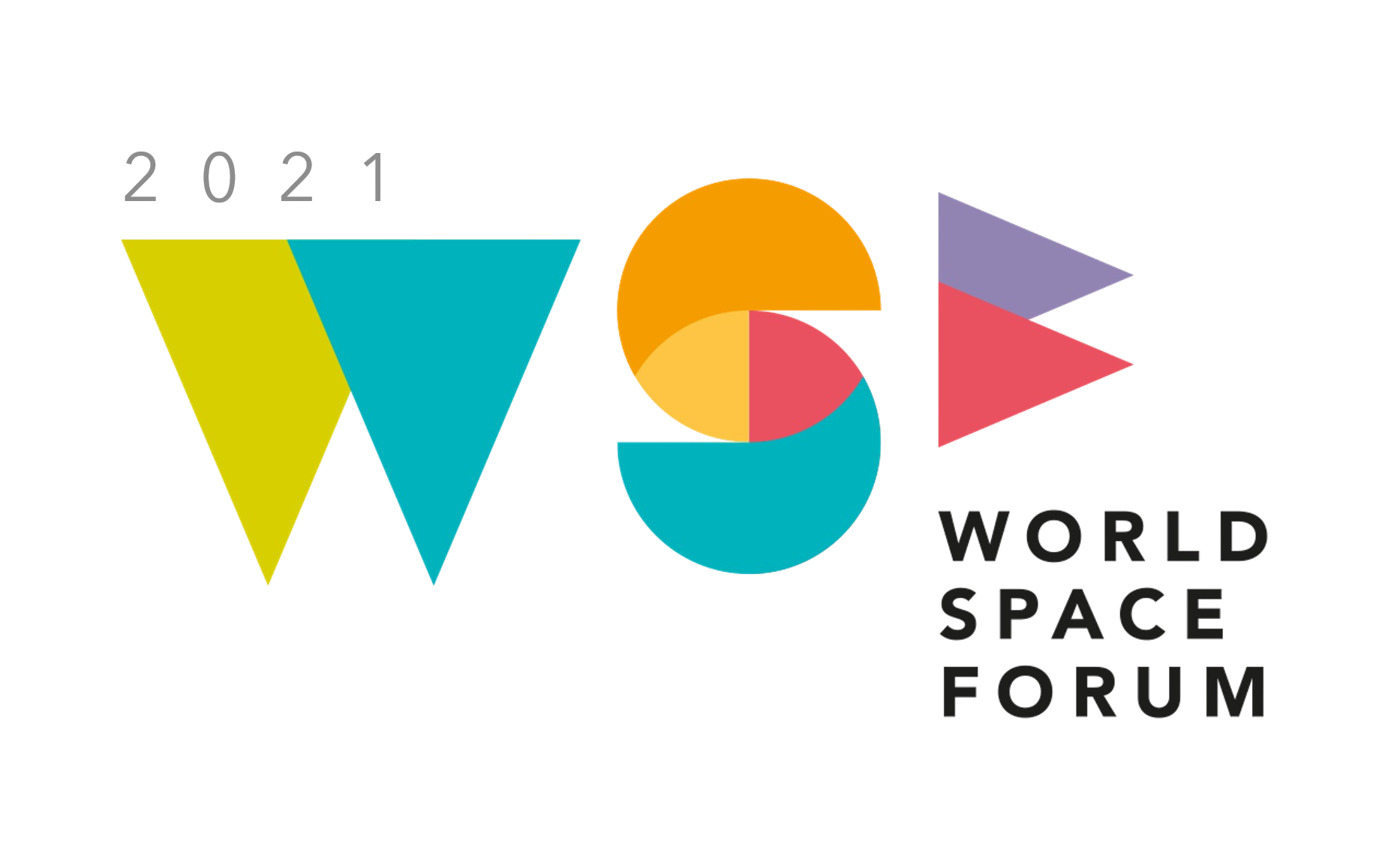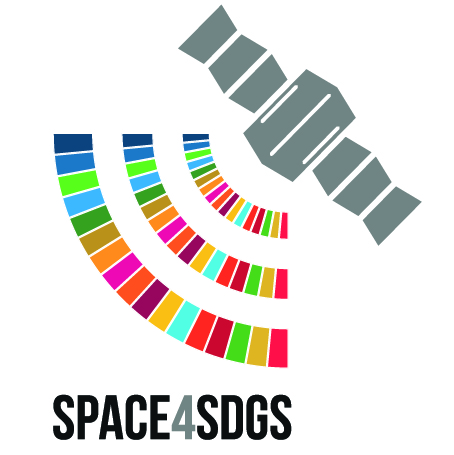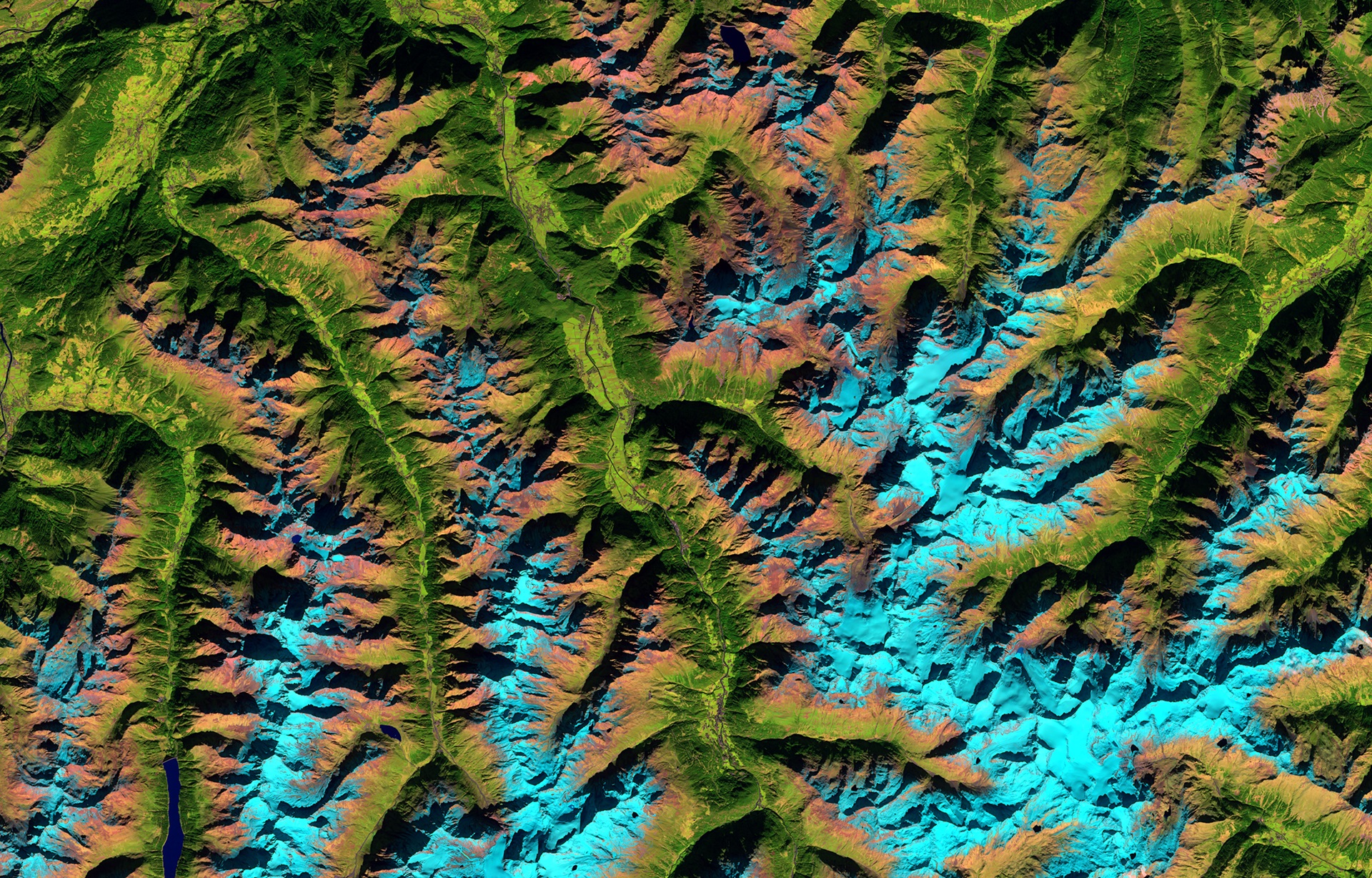Virtual United Nations/Austria World Space Forum
'Space 4 Climate Action'
Organized jointly by
The United Nations Office for Outer Space Affairs,
The Federal Ministry for Climate Action, Environment, Energy, Mobility, Innovation and Technology (BMK),
The Federal Ministry for Europe, Integration and Foreign Affairs (BMEIA)
7 - 9 December 2021
Back to the Main Page
Latest Information
- WSF 2021 Presentations
- WSF 2021 Book of Abstracts
- WSF 2021 Virtual Poster Exhibition
- WSF2021_Programme draft (as presented) Times are all Central European Time (CET) ( https://time.is/de/CET)
#WSF2021 | Background
Globally, 2020 was the second hottest year on record, adding another grim milestone to a rapidly warming planet. In Europe, according to data released by the Copernicus Climate Change Service, 2020 was the warmest year on the continent. Ocean acidification, desertification, collapsing biodiversity, disappearing habitats, intensifying storms, droughts and heatwaves - the changing climate is already manifesting its impacts.
As we strive to limit temperature growth to 1.5°C above preindustrial levels, in 2016 & 2020, the global mean temperature was already 1.2°C higher than this baseline.
To tackle the climate crisis, we must re-think and restructure the global economy and society, harness all available assets and include science, technology and innovation in our decisions and policymaking.
In this regard, space technologies possess immense transformative power, offering a wide range of benefits for monitoring the Earth's climate and for setting climate actions.


#WSF2021 | Setting the Stage
Space assets have immensely increased our knowledge about the universe, the Earth and its environment for the benefit of citizens. By providing high resolution and broad-scale monitoring, the remote sensing capabilities of satellites have enabled us to collect data that is global, consistent and sustained over years and repeated regularly.
These are precisely the tools needed for effective, well-informed and multi-stakeholder climate action as we share the same diagnosis for the causes, effects and evolution of climate change. Empirical evidence for better understanding and more accurate predictions of climate evolution is a prerequisite for improved mitigation, adaptation and resilience measures and risk assessment.
Moreover, the added value of space assets goes much further than monitoring and modelling. Satellites and satellite-based data are critical for developing innovative solutions. Smart cities, precision agriculture, efficient mobility systems and supply chains, global connectivity, disaster management are just a handful of areas that benefit immensely from space technologies.
Led by UNOOSA, the only office dedicated to space affairs in the UN system, the World Space Forum will provide a unique platform for stakeholders to discuss current and future activities under Space 4 Climate Action. The World Space Forum will facilitate the exchange of best practices and cooperation among all relevant stakeholders in support of Sustainable Development Goal 13 "Climate action".
#WSF2021 | Objectives
Space agencies around the world continue to achieve remarkable results in pursuit of the SDGs. UNOOSA, as the gateway to space within the United Nations, provides a unique platform for space actors to collectively discuss global activities aimed at maximising the impact of space assets. The World Space Forum 2021 aims to:
- Provide an outline of the challenges we are facing
- Raise awareness of space activities and space tools for achieving the global agendas
- Present new space technologies that enable progress and drive cooperation and partnership in space
- Facilitate fundraising for #ClimateAction and #Space4SDGs
- Bring space actors together to exchange best practices and explore ways to jointly address challenges to humanity and sustainable development issues
#WSF2021 | Who is it for?
The WORLD SPACE FORUM brings together experts and policymakers from regional, national and local institutions, private organizations, academic institutions, non-governmental organizations and international organizations. Such multi-stakeholder composition allows for a truly inclusive, diverse and multilateral dialogue around the four pillars of space economy, space society, space accessibility and space diplomacy.
The organizers strive to support gender mainstreaming in their programmes and are committed to achieving a balanced representation of diverse backgrounds and perspectives.
#WSF2021 | Sessions overview
- Space agencies panel
- Youth Session
- Session One - Partnership, Coordination and Cooperation
- Session Two - The providers perspective: Space Solutions
- Session Three - The Users perspective: What is needed?
- Session Four - Examples and successful initiatives
- Session Five - Recommendations, innovative and new approaches
- Matchmaking Session: Two B2B sessions designed to facilitate and promote networking
Registration Information
At the current stage, the list of speakers is invitation-only.
Submitted contributions will only be available and shared as a book of abstracts with all participants.
- Participants interested in the poster session will be required to submit an abstract.
- Participants interested in sharing information without a poster presentation will be invited to submit a paper.
Please do register here
Contact Information
For information regarding the submission of nominations for attendance and funding as well as the programme and sponsorship of the Forum please contact:
UNOOSA - World Space Forum Organizing Team
E-Mail: worldspaceforum[@]un.org

